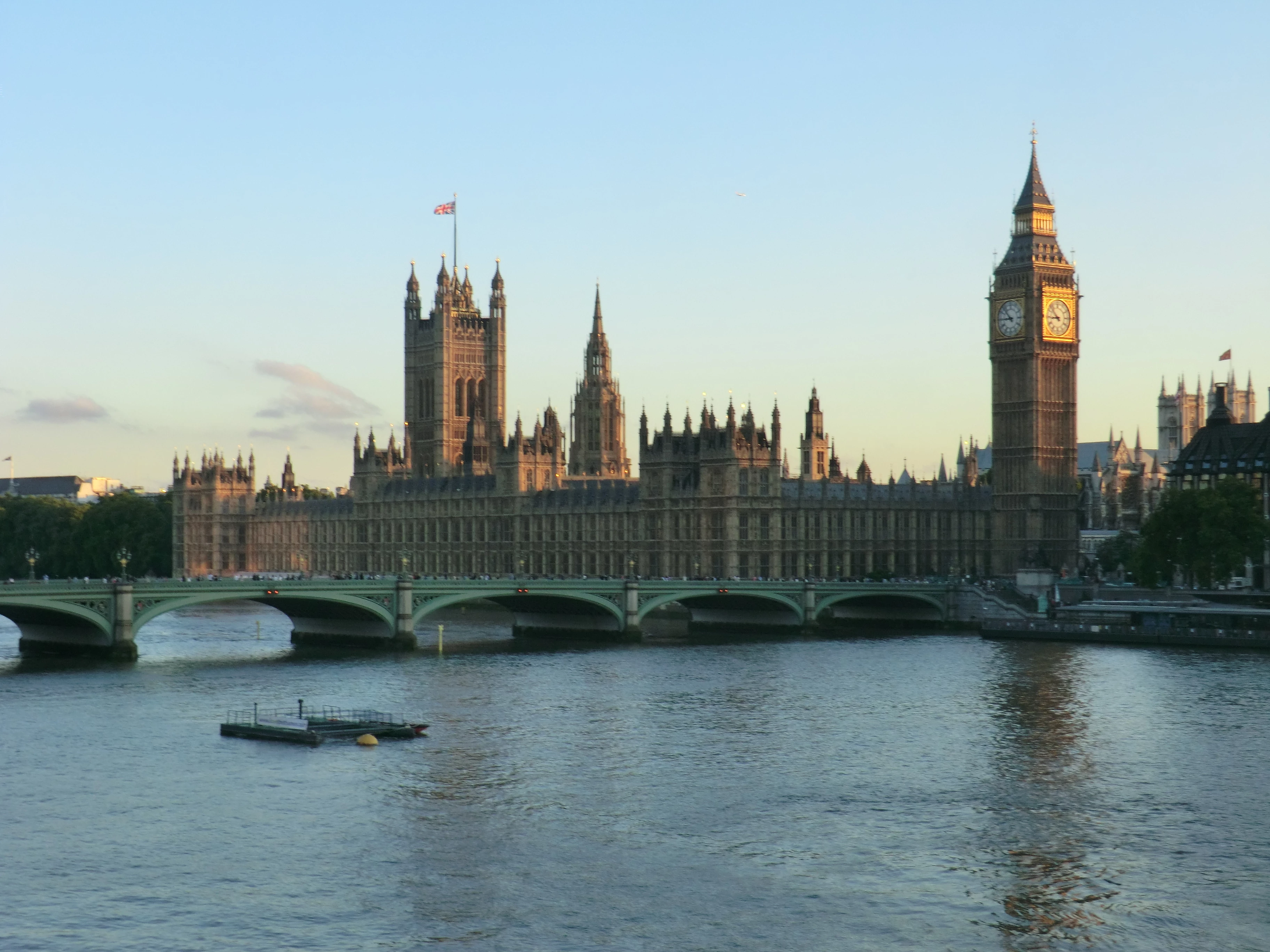
Pound rises after MPs reject Theresa May’s Brexit plan in historic defeat
The pound has risen after Theresa May’s Brexit plan was rejected by an overwhelming majority of MPs.
The PM’s deal was defeated in the Commons last night (January 15) by a margin of 230 votes, opening up the possibility of renegotiations, a second referendum or even the UK crashing out of the European Union without a deal.
MPs rejected the PM’s deal by 432 votes to 202 – the heaviest defeat ever for a sitting government.
In the wake of the vote, the pound rose 0.05% against the dollar to $1.287. It follows declines of over 1% earlier in the day.
In 2018, the value of sterling dropped 7%, reflecting uncertainty about the terms of the UK’s imminent departure from the EU.
According to one analyst, the currency has become “the market’s Brexit barometer”.
Laith Khalaf, senior analyst at financial services firm Hargreaves Lansdown, said: “Markets think a softer Brexit may start to take shape now the vote has failed, as parliament gains greater control of the process.
“This is a change in dynamic, as previously government failures have heightened expectations of a hard Brexit, and have weighed sterling down.”
He continued: “Clearly there’s still no certainty to be had, and tomorrow’s vote of no confidence provides another pinch point for currency markets, so we can expect further swings in sterling as events develop.
“The reality is there’s no correct price for sterling until there’s greater resolution on the direction of Brexit, what we have right now is a middle ground between competing possibilities. Assuming Brexit does resolve itself one way or another, the pound will ultimately find a new level, but it’s not going to be a smooth journey.”
According to Ian Wright CBE, chief exec of the Food and Drink Federation, it is now “vital” for the political leadership to offer clarity by finding a way to indicate what alternative should be pursued.
He explained: “We are calling for an extension to the transition period in order for parliament to decide what our next steps are; whether that is a new deal, a referendum, an orderly exit from the EU without a deal at a later date, or a general election.
“The Government should now be looking to speak with representative organisations such as the FDF, to ensure they are pursuing an alternative that prevents further damage to the UK’s wider economy.”
Looking to promote your product/service to SME businesses in your region? Find out how Bdaily can help →
Enjoy the read? Get Bdaily delivered.
Sign up to receive our popular morning National email for free.








 Raising the bar to boost North East growth
Raising the bar to boost North East growth
 Navigating the messy middle of business growth
Navigating the messy middle of business growth
 We must make it easier to hire young people
We must make it easier to hire young people
 Why community-based care is key to NHS' future
Why community-based care is key to NHS' future
 Culture, confidence and creativity in the North East
Culture, confidence and creativity in the North East
 Putting in the groundwork to boost skills
Putting in the groundwork to boost skills
 £100,000 milestone drives forward STEM work
£100,000 milestone drives forward STEM work
 Restoring confidence for the economic road ahead
Restoring confidence for the economic road ahead
 Ready to scale? Buy-and-build offers opportunity
Ready to scale? Buy-and-build offers opportunity
 When will our regional economy grow?
When will our regional economy grow?
 Creating a thriving North East construction sector
Creating a thriving North East construction sector
 Why investors are still backing the North East
Why investors are still backing the North East